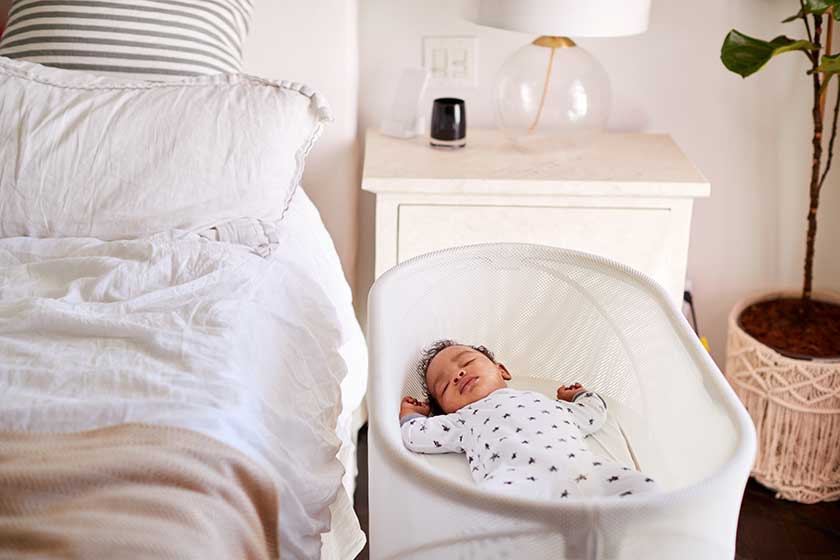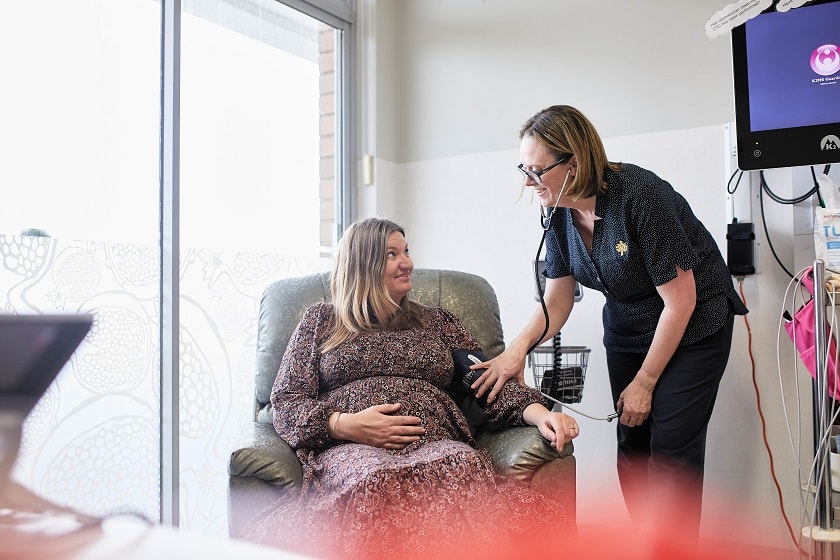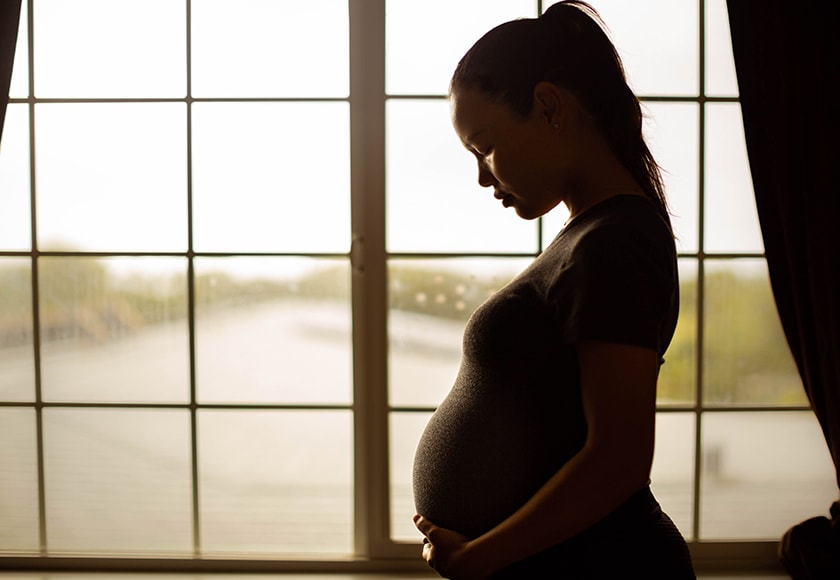Your body goes through a variety of major changes following childbirth - your hormones change, you will be healing both internally and externally, you are suddenly producing breastmilk and you are likely to be more sleep deprived than ever. Therefore, it is so important to look after yourself during these first few weeks.
Here are five useful tips that you can implement during this period.
1. Accept offers of help
Whether it is meal preparation, a load of washing or holding the baby while you take a nap or a shower, make sure you accept those offers of help.2. Run with it
In the first few weeks babies don’t have a routine and nor should you. If you haven't washed your hair for five days, are still in your pyjamas at midday and there isn't a clean dish in the house, it doesn't matter- keeping you and your baby fed are really the only goals during these first few weeks. Everything else can wait.3. Get some fresh air
Getting out of the house can be so helpful for your mental wellbeing and can also help your sleep. Depending on how your recovery from your birth is progressing, a gentle walk or simply sitting in a local park can be so healing.4. Sleep when the baby sleeps
It can be tempting to try to achieve things while your baby is having a day sleep and the mantra ‘sleep when the baby sleeps’ may be difficult to achieve in your busy life. However, ensuring that you have some down time during the day is imperative. While your body is still recovering and your baby is waking up very regularly overnight it is important that you also rest during the day when the baby does. Again, household chores can wait.5. Reach out if you are not coping
Talk to your partner, family, friends, GP or obstetrician if you are struggling. Around 15% of women will develop post-natal depression and there are so many services available to help.St John of God Health Care provides specialist support services to new mums, dads and families during pregnancy and following childbirth.
To learn about these services, visit Support for mums and families.








